Please login or click here to join.
Forgot Password? Click Here to reset pasword
Few can resist this fine classical building which was the creation of Lord Burlington, patron of the arts in the early part of the 18th century. Burlington was also an architect and when he built the house in 1723 it was modelled on the crisp lines of Palladio's Villa Capra, near Vicenza, for he was a true admirer of the ancient Roman architectural tradition with little or no use for the flamboyant style of fellow architects such as Wren and Vanbrugh who were building mostly in the ebullient Baroque style.
This was a house built for use as a "temple of the arts" it was a sumptuous background for huge collections of paintings, sculpture and other works of art, displayed around interiors designed by William Kent whose ideals concerning decoration matched those of Lord Burlington. It was also used for lavish entertaining, during his lifetime Lord Burlington welcomed the great and the good of his era.
For many it is the exterior of the house which commands attention, the front has double classical stairways approaching a grand portico at first floor level, with the roofline being offset by the dome rising above the saloon. Both this room and the gallery are outstanding in design, but some of the smaller rooms appear to lose impact under the mass of ornament detracting from the original rigid lines.
During a tour of the house visitors see a series of magnificent rooms, most particularly the green, red and blue velvet rooms, so named for the walls originally covered in luxurious velvet fabric. Sadly this has since been replaced with flock wallpaper. The original grandeur of the Gallery remains, here there is a splendid painted and gilded ceiling.
The gardens, also designed by Kent, break with the traditional formal English garden. In its place is a wonderful landscape around which are placed huge statues by Palladio and Inigo Jones mixed with other statues brought from Tivoli, near Rome.
The house is open to the public, there are guided tours and an exhibition and videos tell the story of the house, and of Lord Burlington, his times and the travels that influenced him.
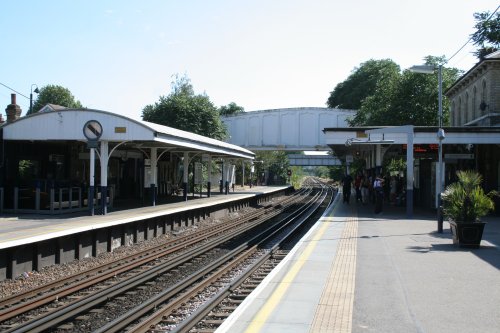
in the county of Greater London
(1.0 miles, 1.7 km)Kew is just downstream from the delights of Richmond, and is best known for the Royal Botanic Gardens, or as they are more popularly known 'Kew Gardens'...

in the county of Greater London
(2.7 miles, 4.3 km, direction NW)Ealing is a thriving place which is now hugely cosmopolitan and has a wide range of multi-cultural offerings...

in the county of Greater London
(3.2 miles, 5.2 km, direction NE)This area of London is known throughout the world as the scene of London's biggest annual street party...
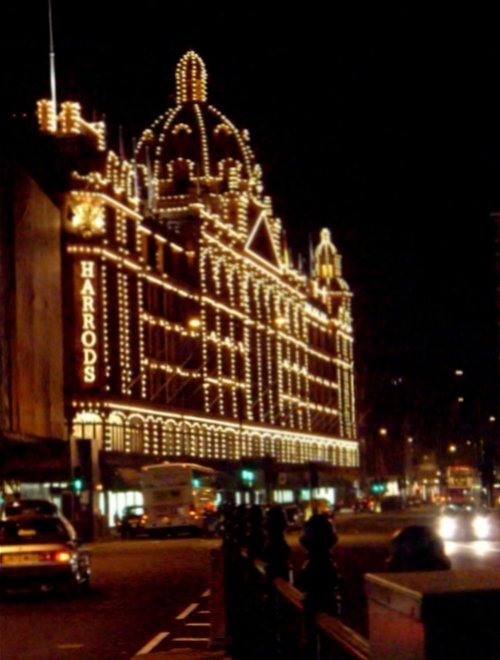
in the county of Greater London
(3.3 miles, 5.2 km, direction NE)The attractive Royal borough of Kensington has many special places. Most prominent is Kensington Palace, birthplace of Queen Victoria...
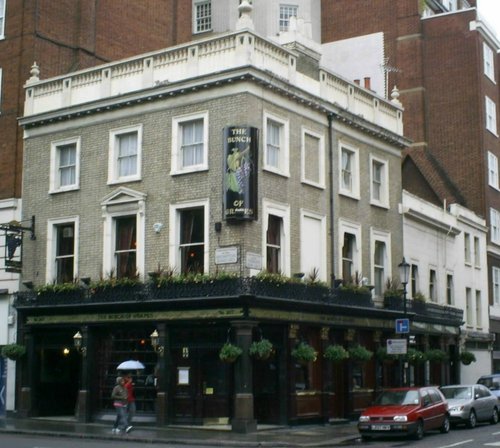
in the county of Greater London
(3.8 miles, 6.1 km, direction E)Chelsea is a district in London which in recent times gained fame as the 'home' of the 'swinging sixties' . The swinging sixties was defined on the Kings Road, which runs the length of the area and both the Beatles and the Rolling Stones lived here at one time...
All towns in Greater London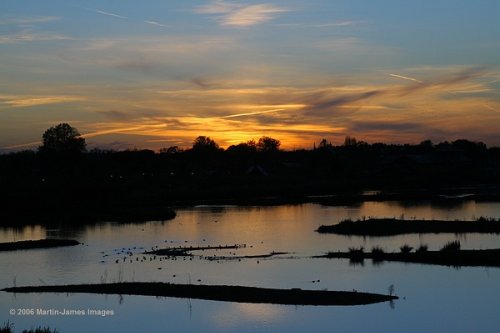
..

See also Kew Royal Botanical Gardens..
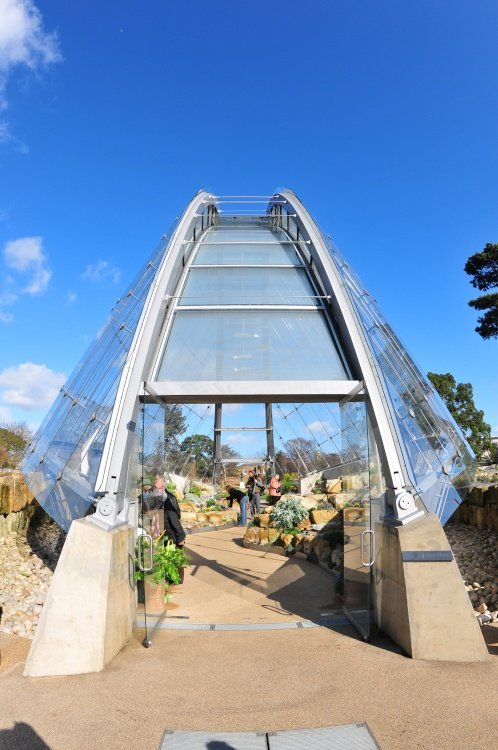
For over two hundred and fifty years, the gardens at Kew have been the dream and vision of talented gardeners, and the.....
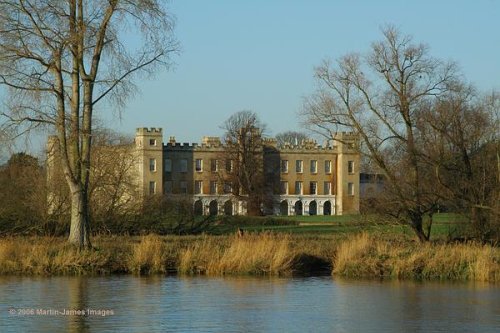
This is the magnificent house that made Robert Adams. At only twenty nine years of age he was commissioned to decorate Syon.....

Opened in 1952, Holland Park is the most romantic of all the London Parks with one of the main features being the Kyoto Japanese.....